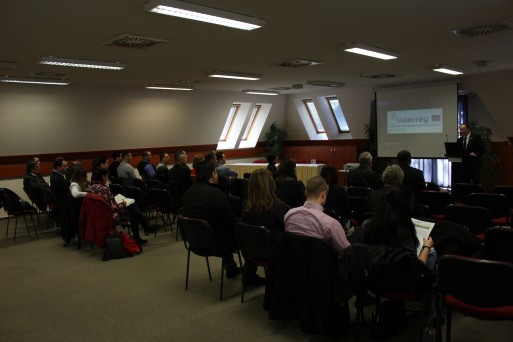JOINTISZA - Dialogue Along The Hungarian Tisza Section With The Agricultural Sector
11-05-2018

The first step of the stakeholder involvement in Hungary was to target the most important sectors and think together about the most significant water management issues. Within the agricultural sector, the Hungarian Chamber of Agriculture seemed to be a good and proactive partner. Besides commenting on the 1st Integrated Tisza River Basin Management Plan (ITRBMP), they started planning (together with WWF Hungary and the Tisza Office) a meeting with the local leaders of the Chamber, representatives of Authorities, local farmers, water managers and others to discuss about the possibility of the integrated solution of the Tisza river’s problems.
The meeting took place in Szolnok on 22.03.2018, with 36 participants being present. The project partners presented about the project itself, the 1st ITRBMP and about the most exciting topics for the agricultural sector; water quantity, drought and climate change.
They also agreed that fundamental changes are needed in some agricultural and water management practices, and this can be accomplished through political, financial and expert support. A new ITRBMP – based on the 5 Tisza countries agreement – would be a strong background for these changes.
The detailed comments made on the 1st ITRBMP and relevant issues will be organised, translated and sent to the planners of the project soon.
